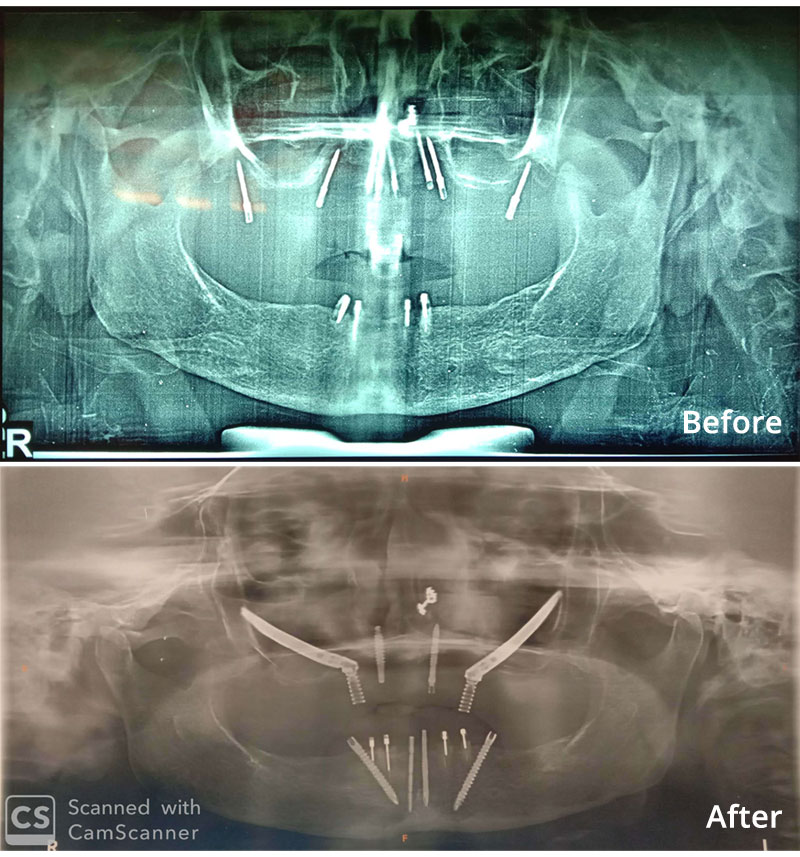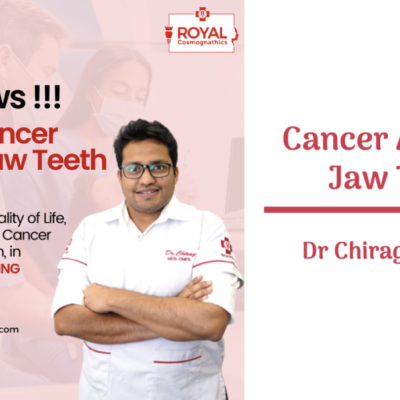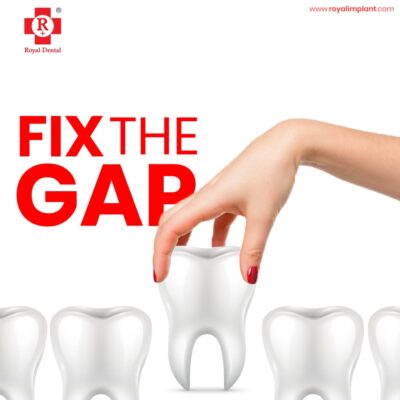Did you know that dental x-rays are one of the most important tools your dentist has to diagnose hidden issues in your mouth? It’s probably not something you think about often, but a routine dental x-ray can reveal critical insights into the state of your teeth and gums. They’re also a good way to reveal cavities and other problems before they become big issues. Even so, many people cringe at the thought of getting an x-ray because they believe it could be harmful to their teeth or jaw. This is why we’ve put together this article on the truths and myths about dental x-rays so that you can feel confident getting them from your dentist if that’s what they recommend. Keep reading to learn more!
A panoramic dental X-ray, which goes around your head, has about twice that amount of radiation. While those are small amounts of radiation, there’s no such thing as a completely safe exposure, and radiation is cumulative over your lifetime.
What is a dental x-ray?
An x-ray is a type of imaging that uses electromagnetic radiation to produce an image of the inside of a patient’s teeth and bones. They’ve been used in the medical field since the late 1880s and have become an essential part of any good dentist’s toolkit. Dental x-rays are a bit different than the x-rays you get during a hospital stay or other medical procedure because they use very low doses of radiation. For example, if you got a single dental x-ray, you’d only get about 0.01 mSv of radiation. This is less than you’d get from spending one hour in the sun on a sunny day!

How are x-rays used during dental exams?
Your dentist will take a dental x-ray whenever he or she thinks it would be helpful for the diagnosis. This would be in situations where there are cavities, infections, cracked teeth. Or other issues that aren’t easily seen in a regular exam. It’s important to note that your dentist will always try to avoid unnecessary x-rays. But they are an important diagnostic tool when necessary. X-rays are taken at the end of your dental exam. Your dentist will ask you to open your mouth and position your teeth in the way they were when the x-ray was taken. This way, your dentist can compare the current state of your teeth with what’s shown in the x-ray.
Are dental x-rays harmful to teeth and jaw bones?
Dental x-rays are very low in intensity, so the radiation coming from them is very low and unlikely to cause any harm to your teeth or jaw bones. In fact, the amount of radiation you get from a single dental x-ray is much lower than what you’d get from a transcontinental flight! The only group of people who may need to be careful about dental x-rays is pregnant women. There’s a small risk that the radiation could cause harm to their unborn baby. So your dentist will be careful to avoid x-rays during this time if possible.

Dental x-Rays find hidden problems
One of the most important uses of x-rays is finding hidden cavities that aren’t yet visible to the naked eye. In fact, dental x-rays are the best way to find cavities before they cause pain or damage to your teeth. They’re also an excellent way to check for hidden infections, cysts, and other problems that aren’t visible during a normal exam. Dental x-rays can also be used to evaluate the health of your jaw, the position and rotation of your teeth. And the alignment of your bite. In some cases, your dentist may also take x-rays of your jaw bones to help detect early signs of gum disease.
The truth about root canals
Root canals are a procedure many people find terrifying, and many myths have sprung up around them over the years. The truth is that most root canals are perfectly safe, and don’t cause long-term damage to your teeth or gums. The only potential risk of a root canal procedure is the risk of the dentist accidentally damaging your tooth while the root canal is in progress. If this happens, the root canal procedure is actually a very safe way to treat the problem because it can avoid the need for a tooth extraction.
Final words: finding a good dentist you can trust
All dentists are required to take continuing education courses to stay on top of new developments in dental care. This means that even the most experienced dentist will get updates on new techniques and findings. This also means that you should be able to trust that your dentist has your best interests at heart. If you’re not comfortable with your dentist, or if you don’t feel like they’re giving you great care. It’s important to find a new dentist as soon as possible. This way, you can be sure that you’ve got a great team behind you when it comes to maintaining your oral health!






